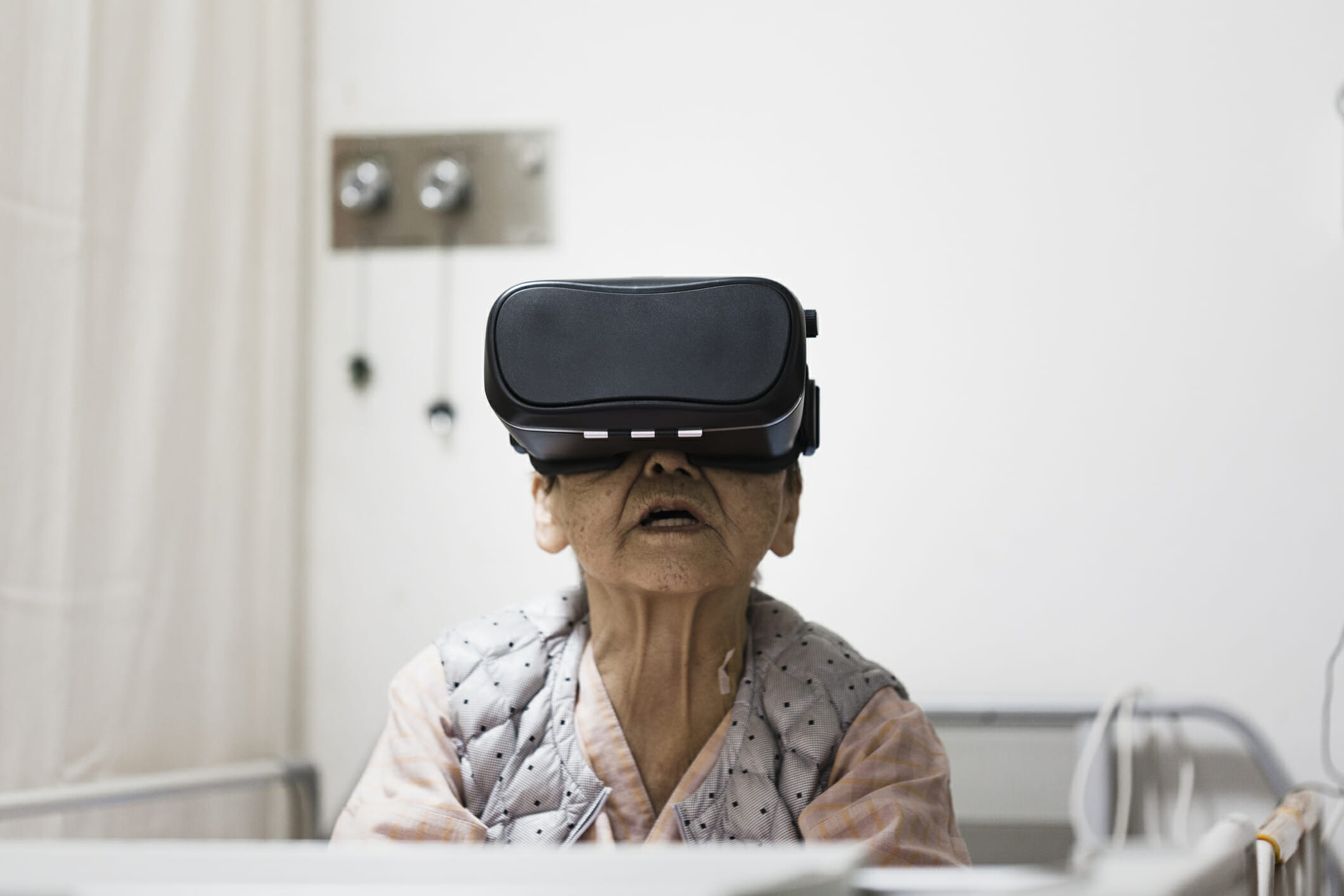The use of immersive virtual reality (IVR) may potentially reduce anxiety and other concerns in patients with cancer receiving chemotherapy. These study findings were reported in the European Journal of Oncology Nursing.
The study (PROSPERO Identifier: CRD42022359886) was a systematic review and meta-analysis of research literature involving randomized controlled trials in adult and pediatric patients with cancer who were receiving chemotherapy. The trials in this study included an experimental group that used IVR. The researchers conducted searches of PubMed, Cochrane Library, Embase, Scopus, Web of Science, and MEDLINE databases and through Google Scholar for relevant research.
In their analysis, the researchers explored the effects of IVR on anxiety, depression, fatigue, pain, blood pressure, and heart rate. They computed mean differences (MDs) and/or standardized mean differences (SMDs) for various outcomes in estimates of effect size associated with the use of IVR.
Fifteen trials met inclusion criteria for the analysis. Overall, these studies included 804 patients with cancer actively undergoing treatment with chemotherapy, among whom 547 were adult and 257 were pediatric patients. Mean ages of adult patients were 42.69 to 59.03 years across the studies; mean ages of pediatric patients were 10.2 years to 15.28 years.
Results for adult patients indicated the use of IVR significantly reduced some outcomes of interest: anxiety (SMD, −1.89; 95% CI, −2.93 to −0.85), depression (SMD, −1.85; 95% CI, −3.14 to −0.55), and fatigue (SMD, −3.40; 95% CI, −5.54 to −1.26). Additionally, use of IVR reduced systolic blood pressure in adult patients (MD, −3.54; 95% CI, −6.67 to −0.40).
Results for pediatric patients indicated the use of IVR significantly reduced anxiety (SMD, −1.18; 95% CI, −1.77 to −0.59) and pain (SMD, −1.17; 95% CI, −1.84 to −0.50). However, heart rate in pediatric patients did not significantly differ with the use of IVR (MD, 0.48; 95% CI, −2.38 to 3.34).
The oncology team may consider IVR as an alternative nonpharmacologic intervention for patients with cancer receiving chemotherapy, concluded the researchers. They also indicated additional randomized controlled trials are needed to fully evaluate the use of IVR and its implementation.
Reference
Burrai F, Sguanci M, Petrucci G, De Marinis MG, Piredda M. Effectiveness of immersive virtual reality on anxiety, fatigue and pain in patients with cancer undergoing chemotherapy: a systematic review and meta-analysis. Eur J Oncol Nurs. 2023;64:102340. doi:10.1016/j.ejon.2023.102340
